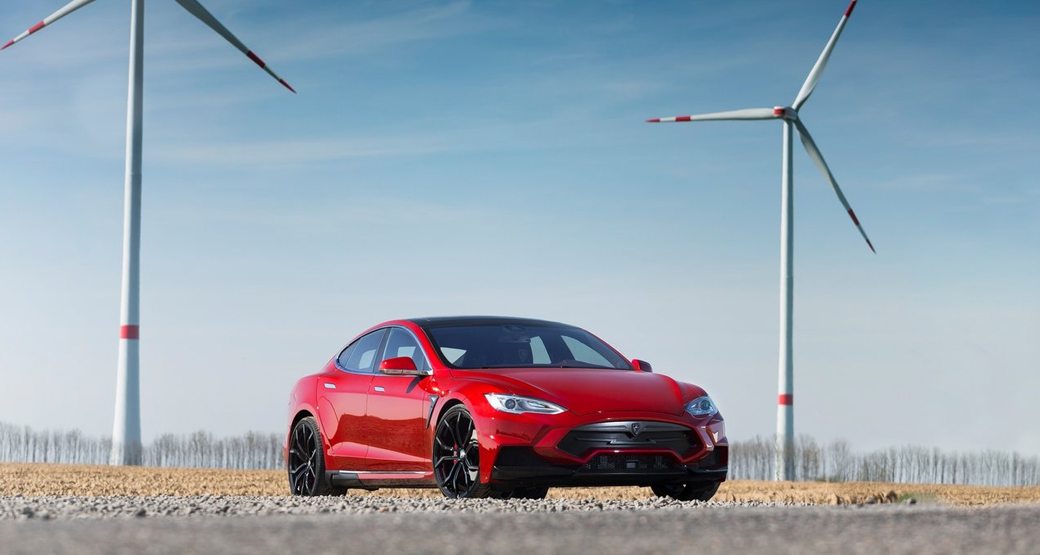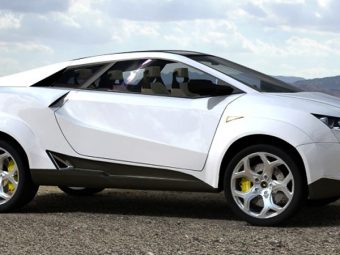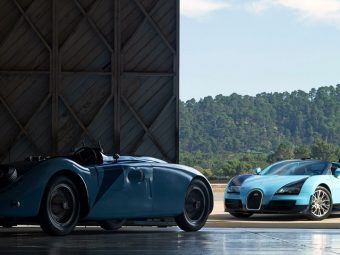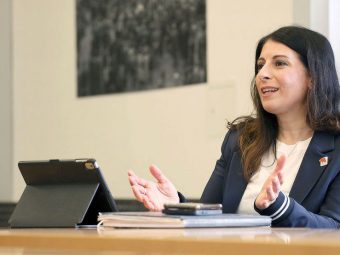Tesla has been rather more successful than it’s founder, Elon Musk, ever envisaged. Demand is high and Tesla will most probably meet it’s objectives of building 500,000 electric cars per year some 3-5 years earlier than anticipated. But with this success comes the reality of meeting those lofty goals. Ramping up production from 0-500,000 in a short time scale would be difficult even for the most seasoned auto-manufacture.
And it isn’t as though car makers are immune from quality issues. Look at Toyota, the worlds biggest maker and seller of cars. Toyota used to be a by-word for reliability but the ambitions of selling higher volumes gradually eroded the hard won reliability image.
Toyota took short cuts to save money per every model manufactured and its reputation suffered. As a result Toyota is now scaling back on volume and concentrating on reputation again.
There are countless examples of car makers having to issue recalls of hundreds and thousands of cars virtually every year. Tesla is finding that it to is becoming overwhelmed with interest so much so that production quality may be starting to slip.
The US transport safety board National Highway Traffic Safety Administration recently placed placed Tesla under investigation over faulty suspension parts on the Tesla Model S. The NHTSA requested details from the owners of the company.
Tesla were quick to shoot down rumours of an official investigation by the government transport safety board who confirmed it was in a “data collection” mode which is ranked as the lowest form of the NHTSA’s investigation practices.
The investigation was sparked by a Model S owner who detailed his experiences on the Tesla Motors Club Forum. Apparently the left front hub assembly detached from the upper arm control. The Model S was out of warranty and had over 73k miles on the clock.
When the Model S owner took his car in for a service he was informed by technicians that the detachment issue was caused by a rusty ball joint and the wear rate was “abnormal”.
According to an NHTSA safety report the defect could cause the driver to be severely restricted in basic control of the vehicle.
Despite the vehicle being out of warranty Tesla did agree to cover 50 percent of the repair costs for the owner. In addition Tesla pointed out that the owner lived on a dirt track in some ways mitigating the rusty ball joint.
But the NHTSA were critical of Tesla for asking the owner to sign a NDA (non-disclosed-agreement) in return for the repair. The NHTSA believe Tesla were effectively buying the owners silence and points out no other car maker uses such NDA practices.
In response to this story Elon Musk took to Twitter to shoot down any negative vibes and confirmed the NHTSA were not going to launch a full scale investigation.








